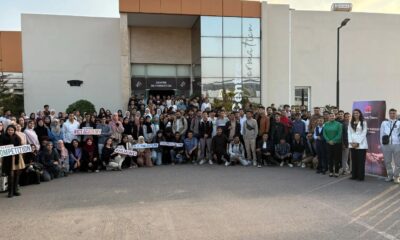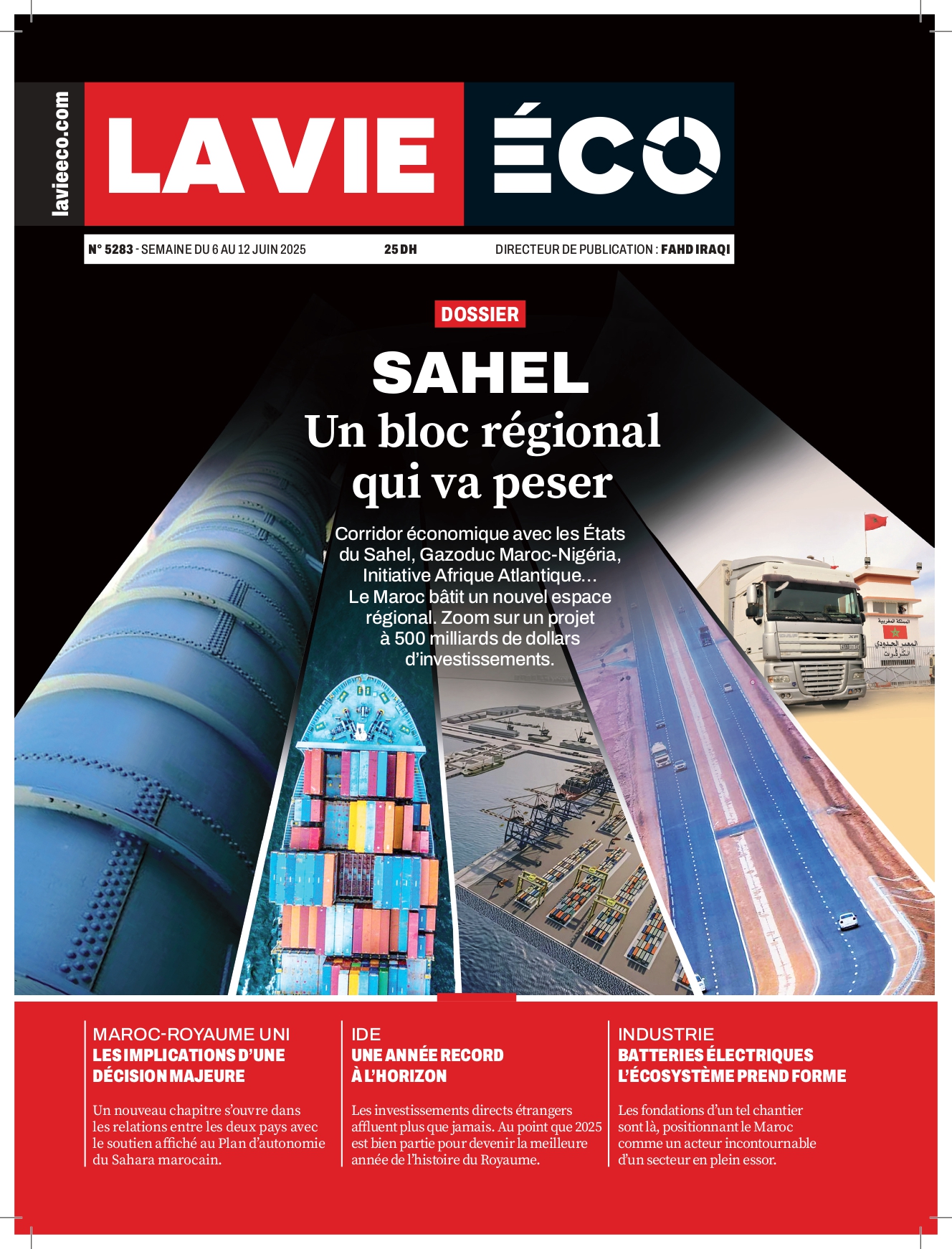International
AI and the Potential for a Revolution in Healthcare

In a discussion featuring Demis Hassabis, co-founder of Google DeepMind, and FT editor Roula Khalaf, various advancements in artificial intelligence (AI) and their transformative impact on healthcare were highlighted. Hassabis reflected on the surreal experience of receiving the Nobel Prize for his team’s work on AlphaFold, a program that predicts protein structures from amino acid sequences. This groundbreaking achievement accelerates drug discovery and scientific research, representing a significant leap in the application of AI in tackling complex biological problems.
Hassabis shared that over 2.5 million researchers worldwide are utilizing AlphaFold, which has successfully folded all 200 million proteins known to science. Traditionally, determining the structure of a single protein could take an average of five years of effort by a PhD student. Collectively, it would require an astonishing 1 billion years of PhD time to experimentally determine the structure of all known proteins; however, AlphaFold has accomplished this in a fraction of that time, demonstrating the efficiency of AI-driven methodologies.
The conversation then shifted to the realm of drug discovery. Hassabis explained that the conventional timeline to bring a new drug to market typically ranges from five to ten years. He discussed the potential for AI to dramatically accelerate this process—by as much as ten times—through advancements at Isomorphic Labs, with expectations of having the first drugs in clinical trials by the end of 2023. He also mentioned significant improvements to AI models, particularly Gemini 2.0, which has shown enhanced factual accuracy compared to previous versions, although specific statistics on this improvement were not disclosed.
Moreover, the discussion emphasized the broader implications of AI’s evolution in healthcare and society, underscoring concerns about the potential misuse of transformative technology. Hassabis advocates for an international approach to managing risks associated with agentic AI, emphasizing the need to involve diverse stakeholders in the oversight and ethical deployment of AI technologies.
Source: Financial Times













